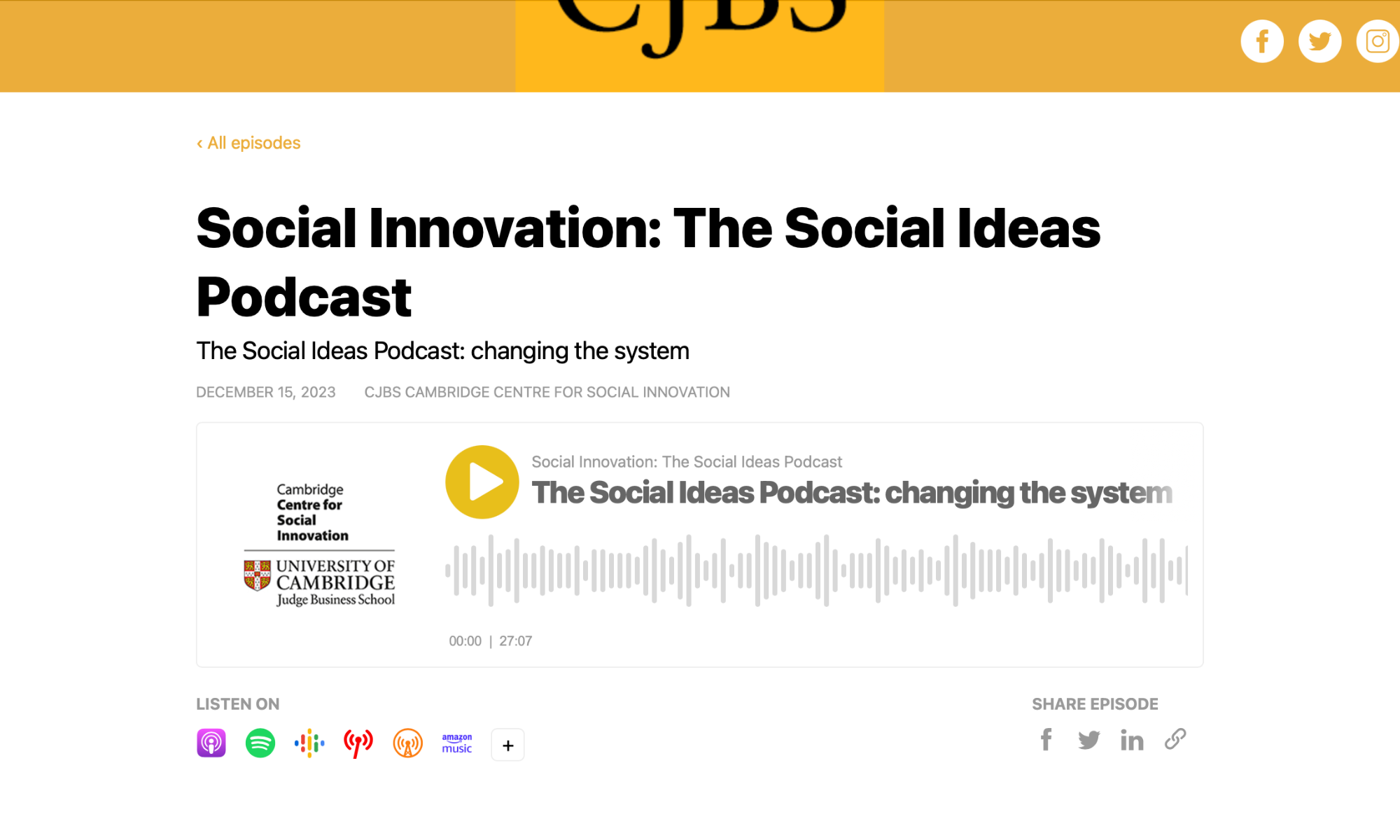
Toolbox
Collaboratio helvetica supports the collective capacity to create, design and hold meaningful spaces and processes for collaboration. We are harvesting the learnings from all we do and share these openly. These tools that we use in our different projects are made available open source. This toolbox provides awareness based tools & methods for understanding and implementing system change includes a variety of conceptual frameworks, methodologies, and practical tools. They are structured by the following key components:
-
Understanding the interconnectedness and dynamics of systems is crucial. Concepts like feedback loops, causal loop diagrams, and systems mapping help identify leverage points and unintended consequences within a system. Learn to hold the tension between two opposing needs, forces or intentions. Identify double binds, and learn tools to side-step or break out from them.
-
Identify and understand the various stakeholders involved in the system, their interests, power dynamics, and relationships. Tools like stakeholder mapping and power-interest grids help in this analysis.
-
Clearly define the problem or issue within the system. Tools like the iceberg model, or problem trees, can help structure thinking around complex issues.
-
Powerful guiding and calling questions enable teams and communities to align their purpose and vision, and rally around transformative projects.
-
Cultivate awareness of blindspots, biases and stereotypes, seeing oneself and others as an integral part of the system(s) one tries to change. Prioritise ethical considerations and equity in all aspects of system change. Tools like equity impact assessments, participatory ethics frameworks, and community-based participatory research ensure inclusivity and fairness in decision-making processes.
-
Develop a shared vision for the desired future state of the system. Tools like visioning workshops, scenario planning, and backcasting help articulate long-term goals and pathways for change.
-
Crystallize learnings (from mapping, stakeholder interviews, sensing journeys, presencing, etc) and identify potential interventions and strategies for change. Tools like intervention mapping, strategy canvas, or theory of change frameworks help in planning and prioritising actions.
-
Engage diverse stakeholders in the change process through participatory approaches. Methods like co-design workshops, multi-stakeholder dialogues, and community engagement techniques foster collaboration and co-creation. Foster collaboration across sectors and disciplines to address complex systemic challenges. Tools like cross-sectoral partnership frameworks, boundary-spanning roles, and ecosystem mapping facilitate effective collaboration and coordination.
-
Establish metrics and indicators to track progress and assess the impact of interventions. Tools like logic models, outcome mapping, and social network analysis help in monitoring and evaluating system change efforts. Embrace flexibility and learning throughout the change process. Tools like feedback loops, adaptive management frameworks, and reflective practice facilitate continuous learning and adaptation.
-
Develop effective communication strategies to raise awareness, build support, and mobilize action. Tools like message framing, storytelling techniques, and social media analytics enhance communication and advocacy efforts.
-
Systems transformation starts with shifting individual mental models and broadening perspectives. Recognize the role of culture and individual behavior in driving system change. Tools like behavioral insights, exposing mental models, storytelling and cultural norms analysis support efforts to promote positive behavior change within the system.
-
Invest in building the capacity of individuals and organizations involved in system change efforts. Training programs, coaching, mentoring, and peer learning networks support skill development and knowledge exchange.
If you’re interested in deeping your understanding in any of these, consider our upcoming trainings.
This toolbox is not exhaustive, and the specific tools and approaches will vary depending on the context and nature of the system being addressed. Flexibility, creativity, and an iterative approach to problem-solving are essential for navigating the complexities of system change effectively.
Search in our toolbox:
Stakeholder Mapping
Problem mapping
Purpose & vision
Awareness, ethics & equity
Theories of Change
Mapping Interventions & Strategies
Collaboration
& Co-creation
Organisational Learning
Communication & Advocacy
Cultural & Behavioural Change
Capacity Building

To serve the purpose of collaboration and co-creation, we share our materials and learnings in the domain of the Creative Commons, under a CC BY-SA 4.0 license.
















































